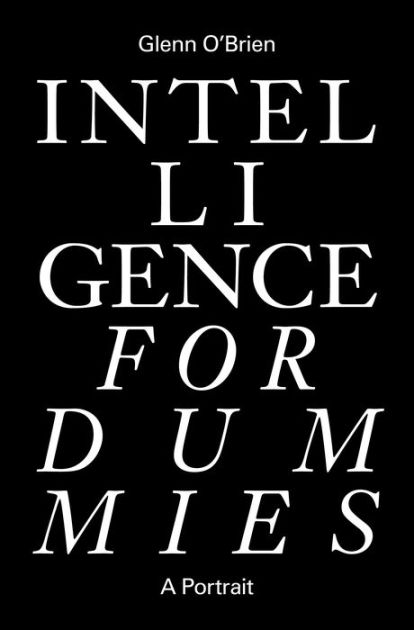You could say Michael Zilkha has something of a knack for recognizing talent, sometimes long before anybody else does. In the late-1970s into the ‘80s, he ran ZE Records, the label he co-founded, and introduced curious listeners to artists like the provocative Lydia Lunch, unlikely pop makers The Waitresses, the oft-overlooked synth punk pioneers Suicide and no wave groups like Mars. The label shut down in 1984, but 30 years later, the New York scene that gave Zilkha so many of the artists he signed was thriving once again, and many of the bands — from the Yeah Yeah Yeahs to TV on the Radio — were citing the groups Zilkha championed as influences. He was, for all intents and purposes, a tastemaker before the term was bandied about to describe any person with more than 5,000 Instagram followers.
But as Zilkha saw it, putting out records just doesn’t work for a long-term business for most people. “You’re in a zone for a little bit. And then you get out of the zone,” he tells InsideHook. Publishing authors, he says, is different. You lose touch in the music world if you’re not keeping up with the trends; literature offers something different, something lasting.
That’s why he started his own imprint, ZE Books. The idea makes sense, and so does the first title: Intelligence for Dummies, a collection of scattered articles and essays by his late friend, Glenn O’Brien.

If you’re reading this, you’re probably familiar with GQ‘s longtime “Style Guy,” a title he held until being unceremoniously shown the door in 2015. His fingerprints are all over recent pop-cultural history, from his time as the first editor at Interview magazine to Madonna’s Sex book to the many other hats he wore, from creative director to host of cult cable-access television show TV Party. He knew everybody, from Jean-Michel Basquiat to the Talking Heads, and frequented parties and clubs in Manhattan right up until he died from cancer in 2017. Yet the one thing he did the best is something he doesn’t get credit for.
“The literary establishment never really respected him,” Zilkha says. “I think it was because of his playfulness and the ease with which he wrote, and the fact that he did advertising.”
By all accounts, O’Brien was hugely successful. The problem was he wasn’t a writer. He did a little of everything. He was funny, well-dressed, well-connected, and, yes, made a good living. This is something he discusses in one essay from 2001 included in Intelligence for Dummies, “Will Write for Merlot: The N.Y. Curse.” In the story, O’Brien writes about a report by a magazine claiming he made £3,000 per day to work at the London offices of the startup Boo.com, which famously burned through $135 million in venture capital in 18 months. “I was, it seemed, the straw that broke the cartel’s back. I was cited as an example of their extreme profligacy,” O’Brien wrote.
Echoing Zilkah, O’Brien believed writers are punished for their success. “If a college-dropout basketball player gets a contract for a quarter of a billion dollars — or about $200,000 a game — this is not even slightly shocking (unless he has felony convictions). But a writer making five large in about 10 hours? Stop the presses, Mary, the sky is falling!”
I couldn’t help but be struck by feeling that of all of the great writing in this beautiful book, this passage really summed up so much of what the world lost when O’Brien went to the great after-hours party in the sky. That blend of wit and irreverence, a middle finger and a sly smile, always cool and smart. O’Brien was an individual you didn’t always have to agree with, but you paid attention to what he had to say. He was bringing up something that’s still very much in the conversation to this day. Just look at what happened after author Taffy Brodesser-Akner said, “I don’t get out of bed for less than $4 a word.” I imagine O’Brien would face a similar backlash for saying such a thing, and he’d probably have something witty to say about it.
Since his death, I’ve found myself going through a lot of O’Brien’s writings. The stuff in Intelligence for Dummies is lovingly curated and shows the writer from all different sides (one especially moving moment is a series of recollections from his friendship with Basquiat), but what it shows is something we’ve lost and that we could really use more of: individualism. Just being yourself, being certain of your intelligence, thoughts and, most importantly, feelings. I always got the feeling O’Brien knew exactly who he wanted to be, and that sort of confidence and dedication to self helped him along the way.
Sure, one could say O’Brien had many of the advantages that others don’t have, from famous friends to a head start living in New York City, getting her long before $2,000 was normal for a small bedroom in an apartment shared with three other people. But he had wit and he had charm; he had things that you can’t really be taught. He was also an observer, one who processed what he saw, heard and thought and put it down on the page or, in some cases, tweets. Twitter was made for his brand of bon mots and a few of them can be found scattered throughout Intelligence for Dummies.
To the audience reading this site, Glenn O’Brien is probably best remembered as one of the people who taught you how to dress. But what this bound tribute put out by his friend’s new publishing venture shows is that he was also a truly a great writer, one who was fluent in the lost art of not really caring what people were going to say about your work, and who always did it with a style that was entirely his own.
This article was featured in the InsideHook newsletter. Sign up now.


















